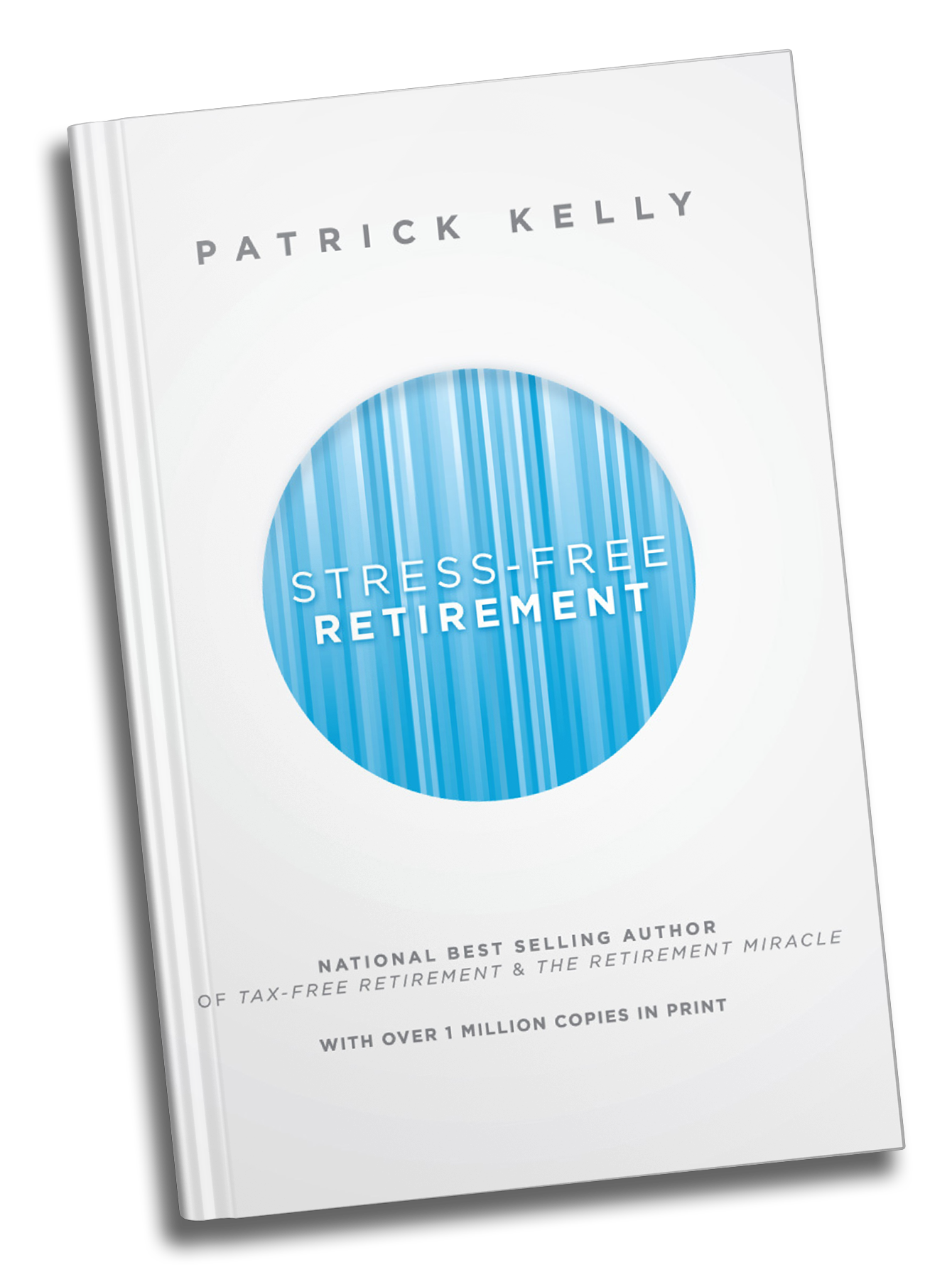
Retirement is supposed to be the time when you finally get to enjoy the fruits of your hard work. But one of the most common concerns retirees share is whether their income will be enough—not just today, but 10, 15, or even 20 years from now. Inflation doesn’t just raise prices in the short term; it compounds over time, quietly chipping away at your purchasing power. That’s why it’s worth asking: will your income keep up?
Do I have to consider inflation in my retirement plan?
There’s no one-size-fits-all answer to this, but inflation could be a significant financial worry for retirees and pre-retirees. That’s because even when prices rise slowly year over year, the impact compounds. For example, if your rent is $2,000 a month today, a somewhat modest 2.7% annual inflation rate could push that cost to nearly $2,700 in just 10 years. That’s an extra $700 a month for the exact same living space. Over time, increases like these could affect your retirement budget and purchasing power, potentially making it more challenging to maintain your planned lifestyle.
Does inflation mean I should be more conservative in my savings plan?
It’s natural to want to protect your nest egg, and there’s often value in being cautious. But being overly conservative—such as keeping too much money in cash or low-yield savings—can sometimes expose you to inflation risk. If your money grows at 2% while inflation is running at 2.7%, you’re effectively losing ground every year. Over time, that gap may reduce your purchasing power and could make it more difficult to cover rising costs.
Are there ways to protect against inflation?
Yes. While no strategy is foolproof, there are financial tools that can help you hedge against inflation. Certain investments are designed with growth potential, while others offer protection and stability. Some strategies balance predictable income sources with growth-oriented assets. For example, some investors use diversified investments, inflation-conscious income products, or certain types of annuities as part of a strategy to potentially help manage the impact of rising costs.
Which tools address inflation the best?
There’s no one-size-fits-all strategy. Everyone’s financial picture is unique—your sources of income, expenses, goals, and tolerance for risk all shape the best approach. For some, the right move might be weaving in assets with growth potential to counteract inflation. For others, it could mean structuring income sources in a way that increases over time. The key is tailoring a plan to your circumstances rather than relying on generic rules of thumb.
How can a financial advisor help?
The good news is you don’t have to face these risks alone. A financial advisor can help you evaluate where you stand today, model how inflation could affect your financial picture in the years ahead, explore strategies that balance safety with growth, and help you plan for retirement in a way that aligns with your goals.



